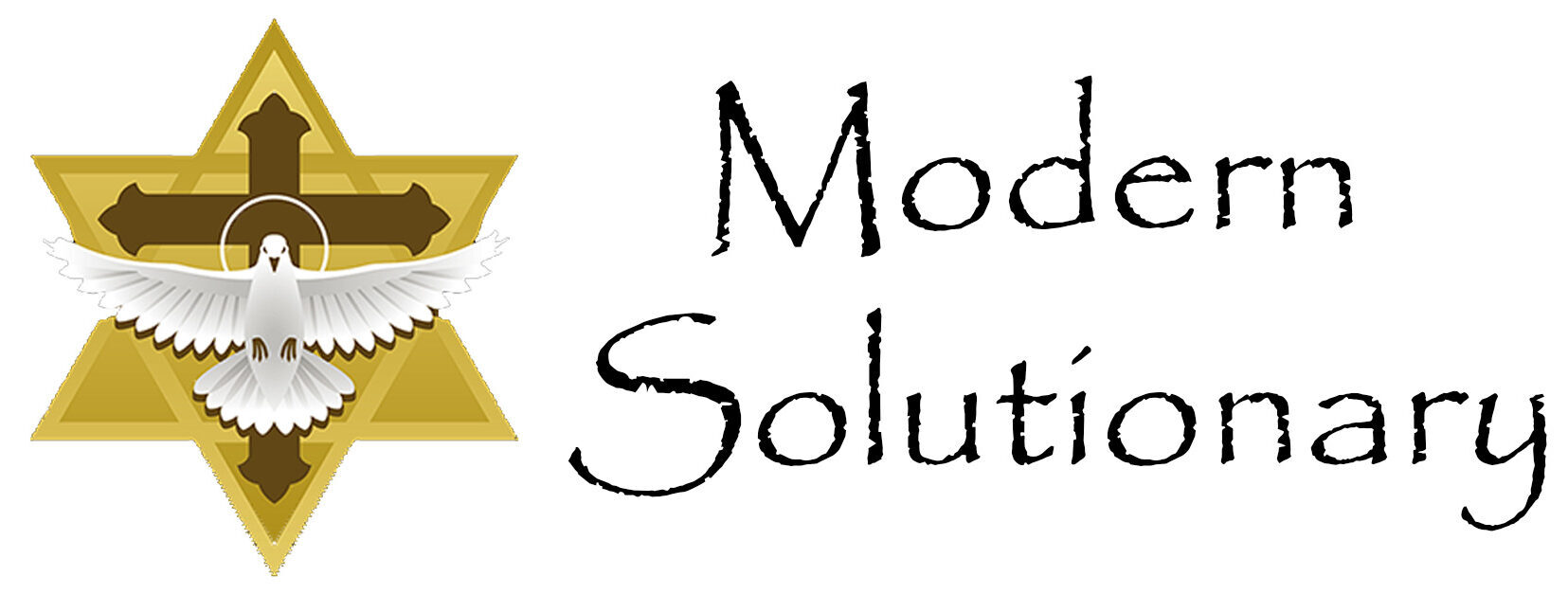
In this Christmas time of selfless giving, I thought I would share the following gift that was given to me.
I recently had the opportunity to listen to a priest share this unique perspective on the dynamics of leadership in regards to how the follower is affected by the leader’s messages. To better understand this concept I would like you to think about your own life, the messages you have received from people that you have followed, and how the decisions made from those messages changed your life. Can you recall that special teacher or coach, your parent or guardian, a close friend, or a trusted mentor; whoever it was? Now go back into your mind’s eye, while you read over this material and consider who you were before the message and consider if you left changed in any way?
The speaker told a story you may be familiar with, about a respected man who was a student of a renowned teacher. One day the student approached the teacher and asked him a philosophical question. “Teacher, what do I have to do to find eternal peace?” The teacher knew the student to be a successful businessman who was also a good and respected man. He built his business the right way; he did not lie, cheat, or steal from others, and had never committed a crime of any kind. He was a pillar of the community; a kind man.
The teacher looked deep into his smiling eyes and gave him the answer to his question. “To find eternal peace, you must sell all your possession and give the proceeds to the poor, and then you must follow me, teaching others what I have taught you. Only then will you find eternal peace.”
The student’s face went pale and his smile completely disappeared from his face. Shaking the teacher’s hand in silence, he turned and left, feeling sad.
Needless to say, the answer was not the one the student expected. Ponder this statement, “We come as we are.” We possess certain talents, skills, and abilities we developed up to that moment in time. Our past will have been laced with difficulties and earned accomplishments. We cannot change the history of our past; after all, it’s what brought us to where we are. However, no matter how good we think we are, there will always be room for improvements and the better we are; the more accomplished; the harder the improvements will be. Our personal growth, by its very nature, must continue throughout our lives.
What I personally found extremely compelling in the answer that the teacher gave, was the area of focus that the teacher was guiding the student toward. The student probably assumed; because he had lived what he believed was the best life possible; that the teacher would tell him he could finally coast the rest of the way to what he considered “eternal peace”. He thought he had reached, or at the very least was close to, what he believed was the ultimate life destination. He was content; yet deep down; the student knew there was something more he had to do to earn the eternal peace that he was seeking, or he would not have posed the question in the first place. Another given is that the student fully believed that the teacher possessed the answer to his question about reaching this Nirvana. The teacher completely surprised him by directing the student toward the deepest and most difficult area for all of mankind to master, our selflessness. To arrive at his eternal peace the student would need to create a selfless vocation; a call of total service to those less fortunate; those to whom a quid pro quo relationship would be impossible to achieve. This transition is what many life coaches refer to as shifting from a successful life to one of significance.
Another component to this scenario is whether or not the student accepted the request made of him in the correct manner it was given. Did the student take offense to the request made by the teacher?
Possibly. Growth is aways painful.
Some things said or done can be perceived as offensive to some but still should be said or done because the words or actions are right, just, and moral for the betterment of the parties involved. In today’s society, it is said that we are raising children with “thin skins”. Should people be taught to gauge intent before jumping to conclusions? I believe that is why the relationship between the messenger and the receiver of the message is so important. Guidance from someone to whom you share a relationship of love, trust, and respect will usually be viewed from a more caring perspective and with positive consequences. As long as the intent is not to offend but rather to assist in growth and understanding for the greater good, then the person will take a more accepting posture in the consideration of future choices.
As we each strive to be the best version of ourselves, let’s recognize that we always “come as we are”, but when we intentionally encounter an opportunity to grow, we must commit to “never leave as we were”.
If this is my last post, I want all to know there was only one purpose for all that I have written; to have made a positive difference in the lives of others.
Written November 18, 2015, by Anthony “Tony” Boquet, the author of “The Bloodline of Wisdom, The Awakening of a Modern Solutionary”
